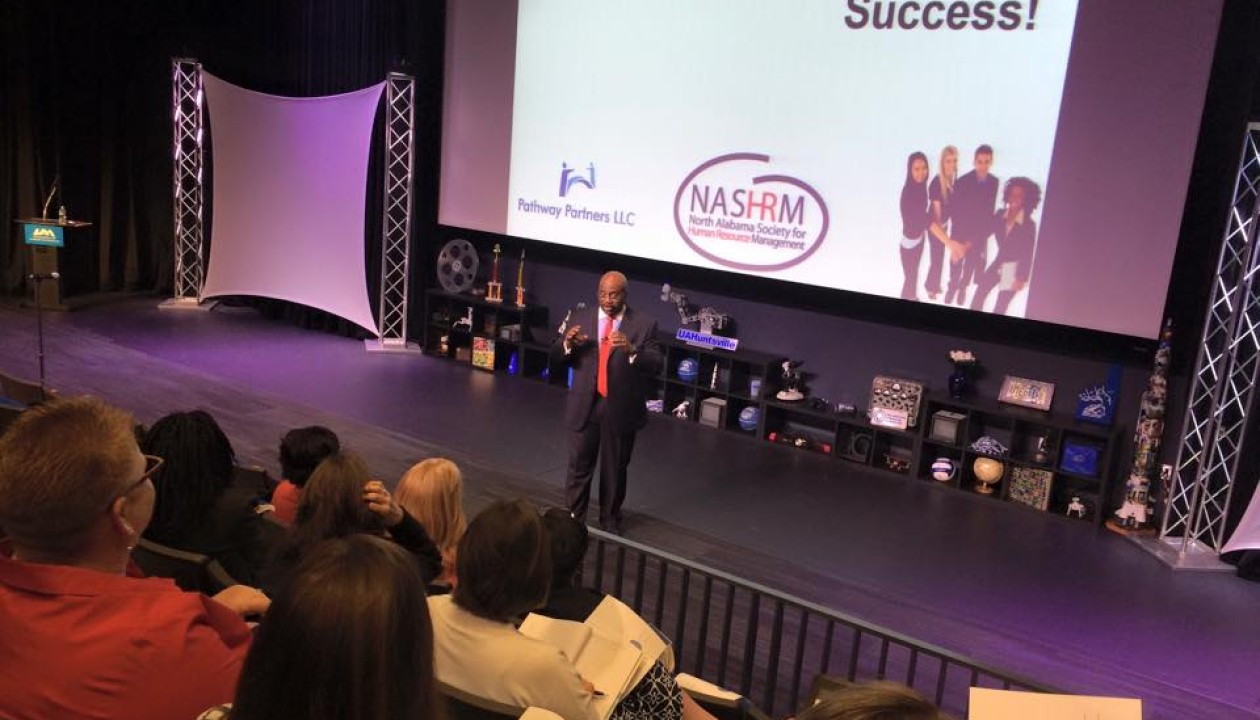
So, you’ve decided to jump ship and swim to the shores of a brand-new career. Bravo! Whether you’re fleeing a sinking industry or just bored to tears by your current job, reinventing your career is like getting a backstage pass to a new act in the opera of your professional life. But before you take the stage, let’s talk strategy, with a hint of wit and a whole lot of practical advice.
1. Define Your Why First things first, get clear on why you’re making the switch. Is it for passion, profit, or because you can’t stand the sight of your office’s water cooler anymore? Understanding your motivations will act as your North Star, guiding you through the inevitable challenges and late-night LinkedIn sessions.
2. Skill Audit: Take Inventory Next, it’s time for a skill audit. Lay out all your skills on the metaphorical table. Which ones are transferable? Which are as outdated as floppy disks? Identify the gaps, and don’t be shy about it. This isn’t just about what you can bring to the table, but also what you can quickly pick up on the fly.
3. Education: Back to School No, you don’t need another four-year degree—unless you’re pivoting to neurosurgery, in which case, please proceed to medical school. For most fields, online courses, workshops, and seminars can equip you with the needed knowledge without the crippling student debt. Be a sponge—learn aggressively.
4. Networking: The Art of Schmoozing Networking is not just exchanging business cards or adding strangers on LinkedIn. It’s about forging genuine connections that can open doors in your new field. Attend industry meetups, join relevant forums, and maybe even volunteer. You’re not just building a network; you’re weaving your new safety net.
5. Personal Branding: Repackage Yourself Your personal brand is what people say about you when you’re not in the room. So, what’s your story? Craft a narrative that connects your past experience with your new career goals. Revamp your resume, LinkedIn profile, and yes, even your elevator pitch. Be the candidate everyone wants to meet.
6. Real-World Experience: Get Your Hands Dirty Theory is great, but practice is better. Find ways to gain practical experience. Freelance projects, part-time gigs, or internships can be great ways to get your foot in the door. Show that you’re not just enthusiastic but also capable.
7. Patience and Persistence: The Dynamic Duo Remember, Rome wasn’t built in a day, and neither will your new career. There will be setbacks. You’ll face rejections. Some days, you’ll nail it; other days, you might want to crawl back to your old job. Stay the course. Persistence, paired with patience, is your best friend on this journey.
8. Reflection: Pause and Ponder As you dive into this new chapter, take time to reflect regularly. Are you enjoying the journey? What’s working, and what’s not? This isn’t just about checking boxes off a career switch to-do list; it’s about building a fulfilling career that aligns with your passions and lifestyle.
Eric Kelly is a professional executive career and lifestyle coach with over forty years of experience in corporate America. He has established management development systems in the US, Europe, South America, Africa and the Middle East
